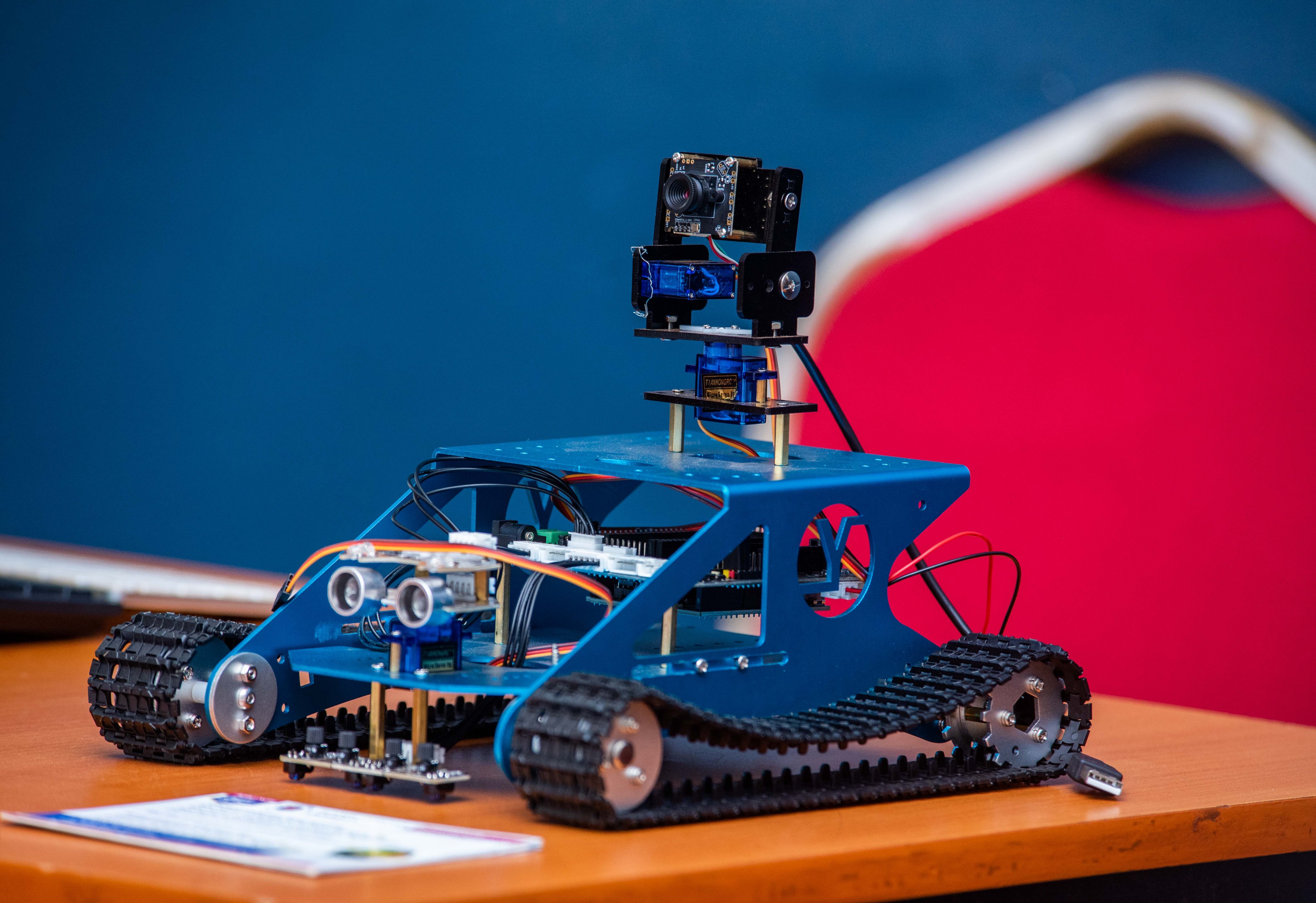By Blessing Twiine
In an exciting initiative to promote sustainable energy and waste management, the Bingo Project team, under the Integration of Energy and Resource Recovery System research group, recently hosted a biogas technology training for Uganda Christian University (UCU) staff and Mukono-based farmers. Led by Principal Investigator Dr. Miria Agunyo, the training covered a broad range of topics, including organic waste management, biogas production, and bio-slurry utilization, offering participants hands-on experience at UCU’s biogas Plant.

Earlier today, over 12 farmers from Mukono received training from the UCU Department of Engineering and Environment, led by Dr. Agunyo, who also serves as Dean of the department. The session took place at the UCU Biogas Plant, installed in 2023 with support from Bingo Projektförderung. Since its installation, the plant has become a hub for research, training both staff and students in critical areas such as organic waste management, biogas production, and the safe use of bio-slurry as fertilizer.
During the training, Prof. Eleanor Wozei, encouraged participants to start sorting waste at the source, stressing the importance of proper waste management. “It’s not just about the disposal unit,” she explained, “it starts with how we collect and manage waste at every stage.” UCU’s commitment to sustainability includes transforming organic waste into cleaner-burning fuel, while using the resulting sludge in agricultural projects across campus.
In addition to a live demonstration on feeding the university’s biogas digester, participants toured the UCU wastewater treatment plant, where they learned about the potential of wastewater for biogas production. As the only university-based biogas plant in Uganda, UCU is using this facility not only for research but also for training Mukono farmers in adopting biogas technology as part of sustainable farming practices.

The training highlighted how biogas can be an accessible renewable energy source for rural communities, with the added benefit of bio-slurry as a nutrient-rich byproduct for agriculture. The Bingo Project has emphasized the motto, “Waste is Gold,” by providing both research opportunities for UCU engineering students and practical skills for local farmers.
As part of the ongoing community outreach, participants were awarded certificates and urged to view waste not as a nuisance but as a resource. The initiative continues to inspire both students and local residents to embrace sustainable waste management and renewable energy solutions, transforming the way waste is managed and utilized within the university and surrounding communities.







You must be logged in to post a comment.